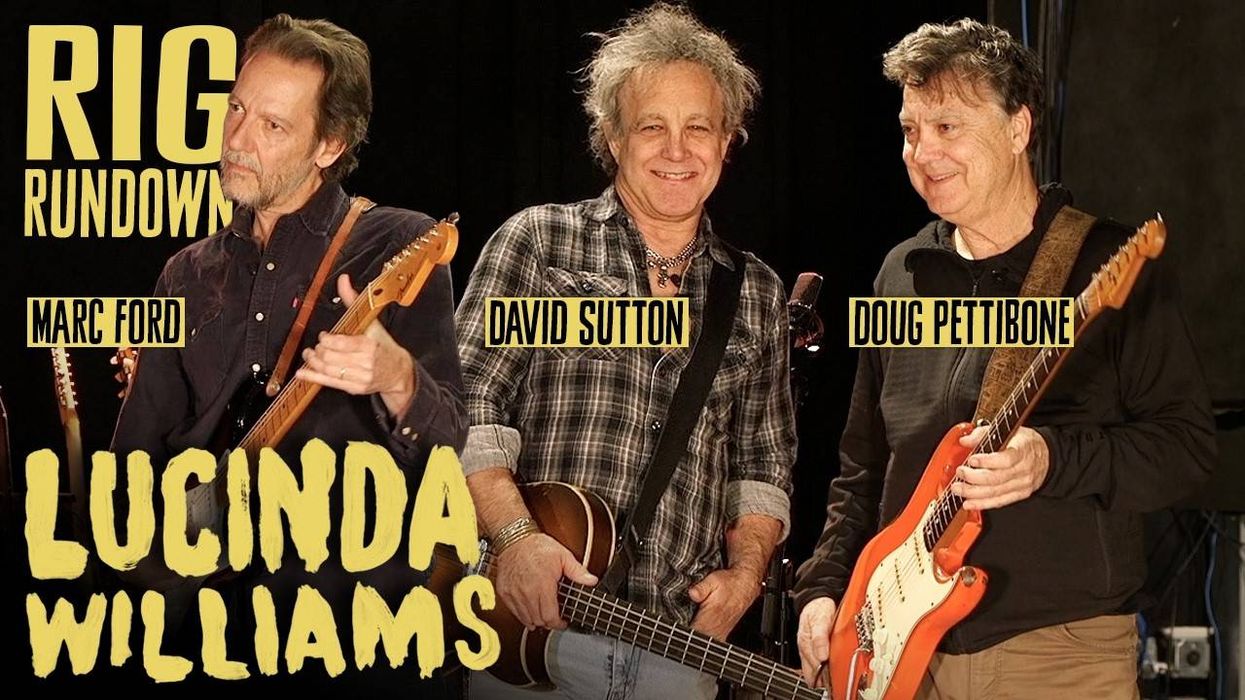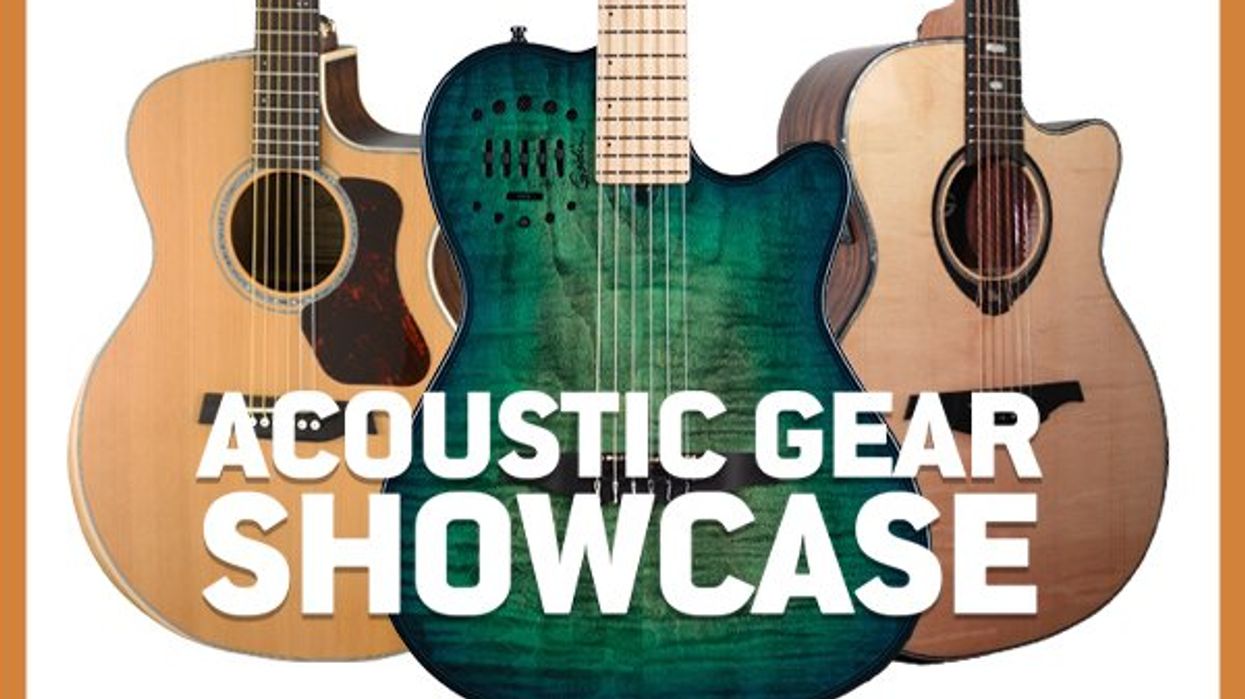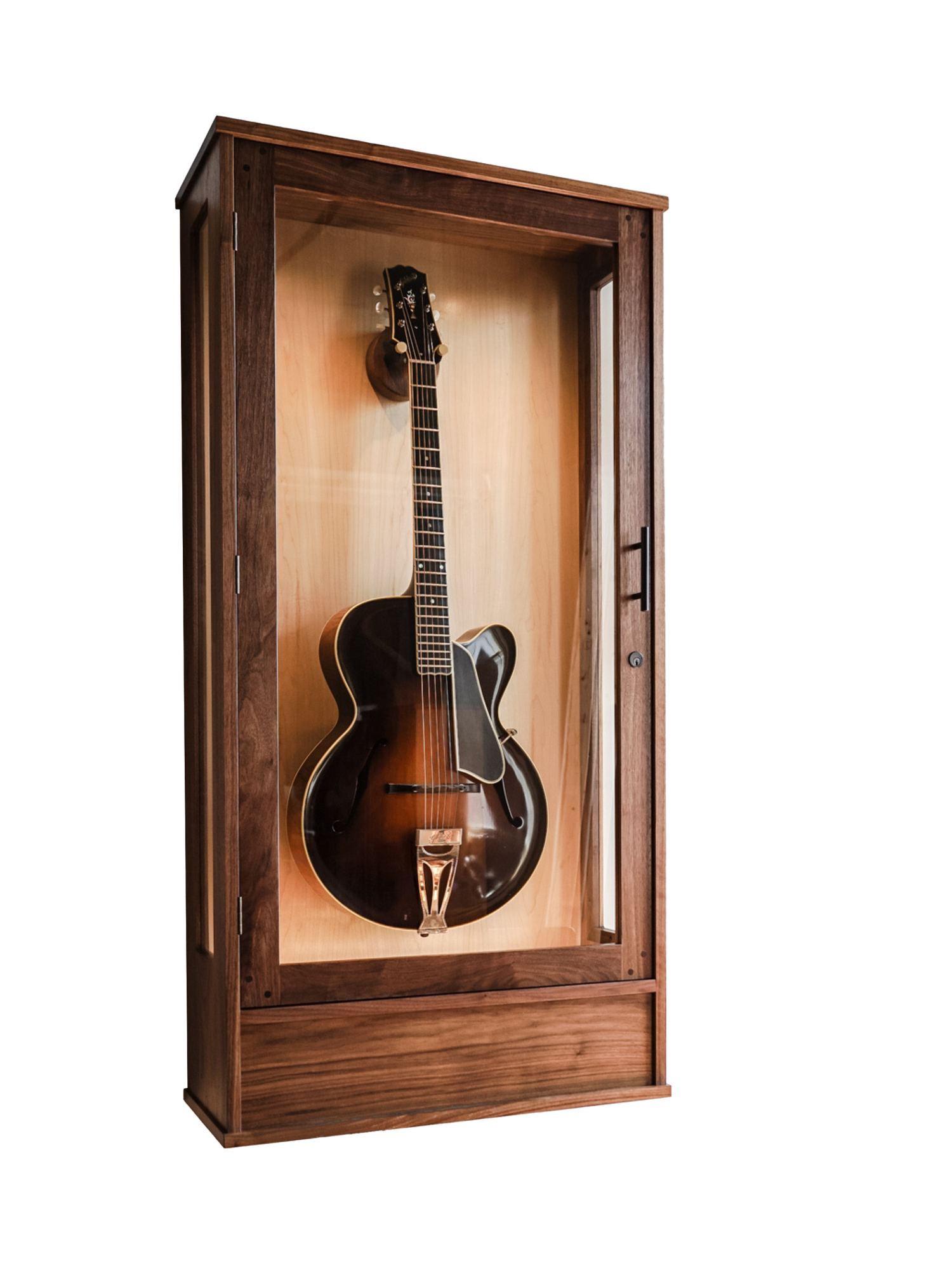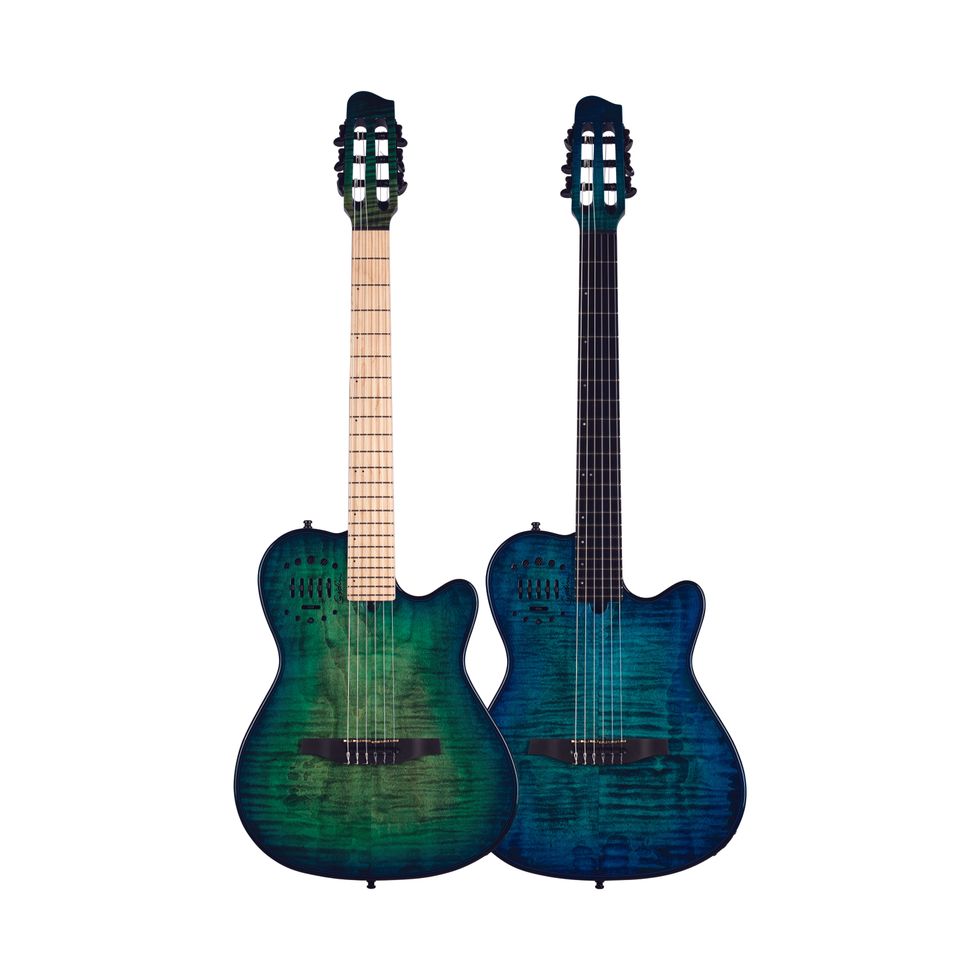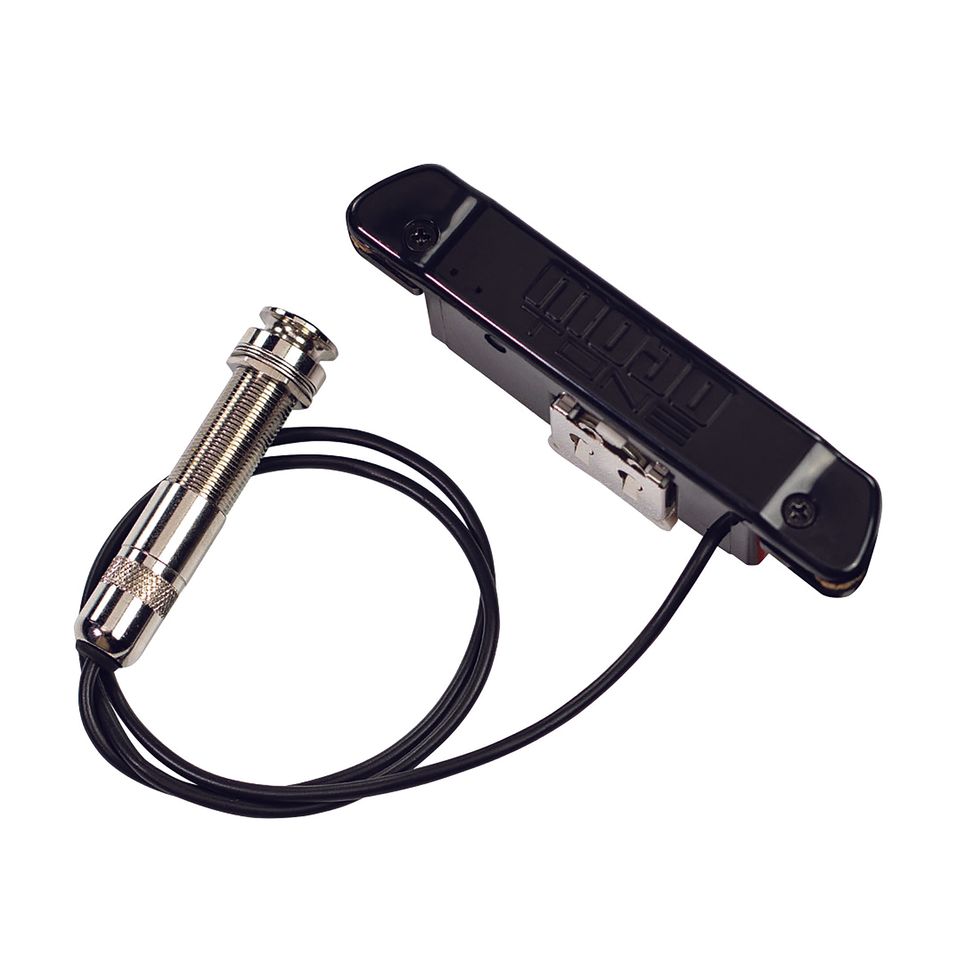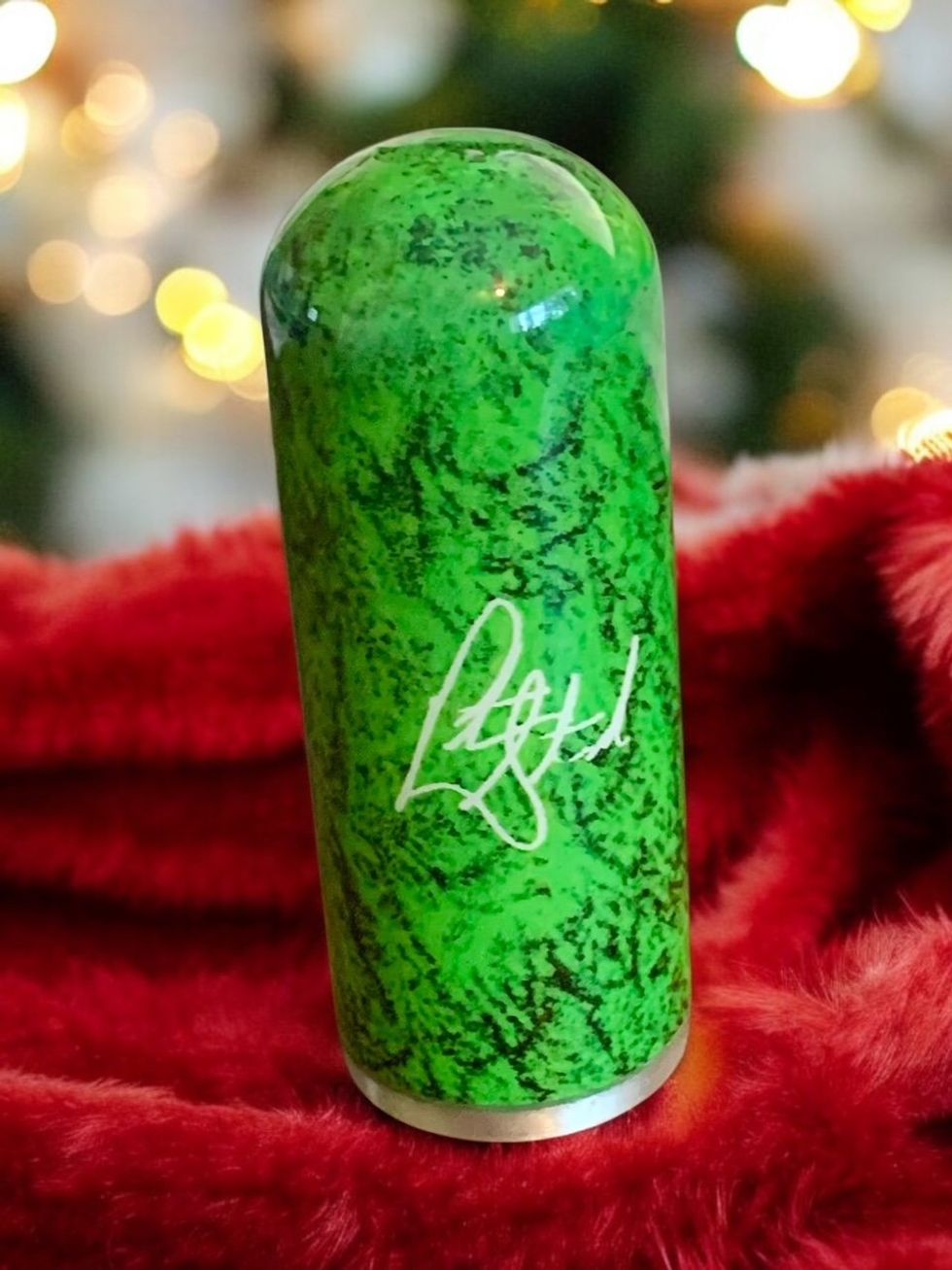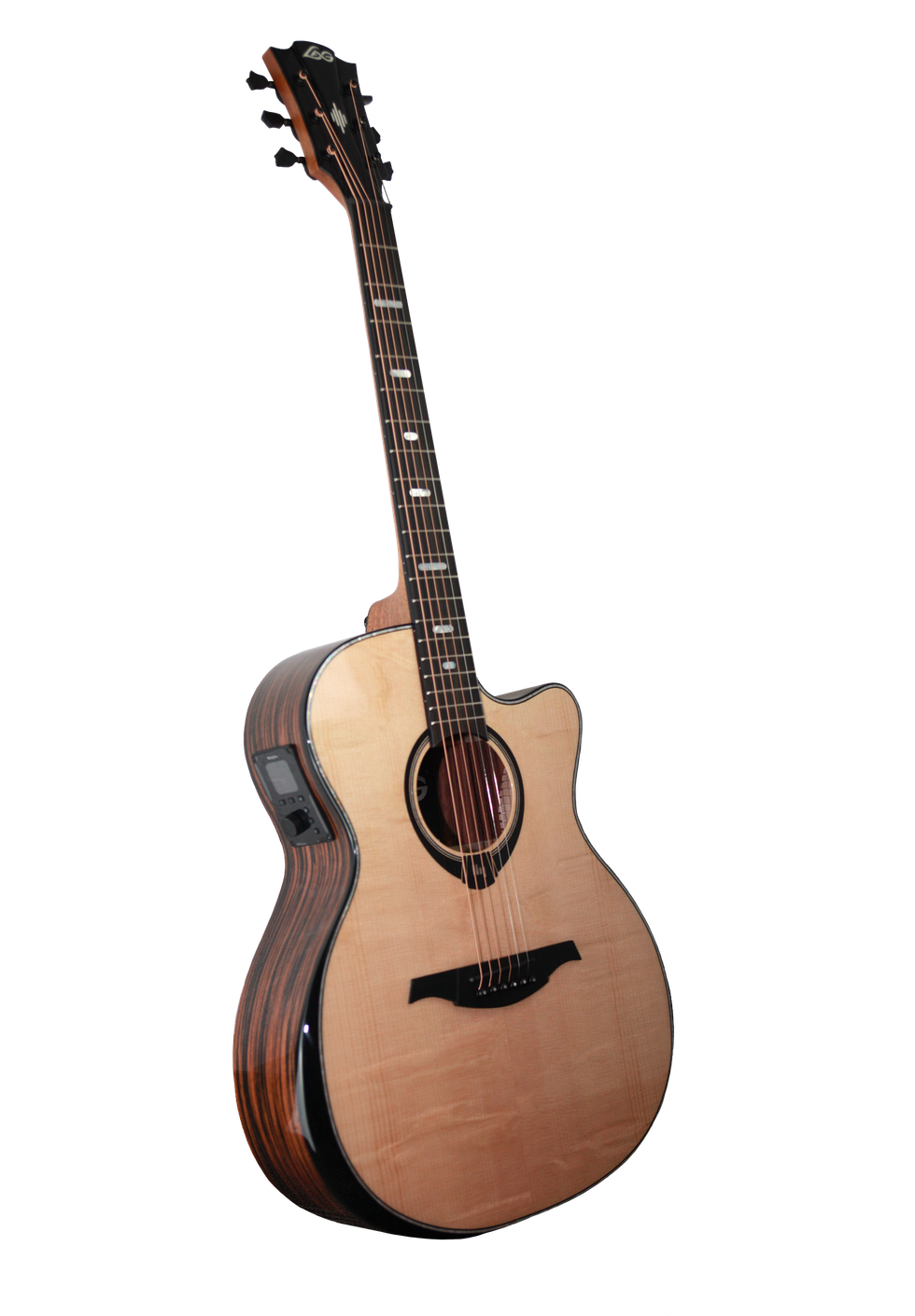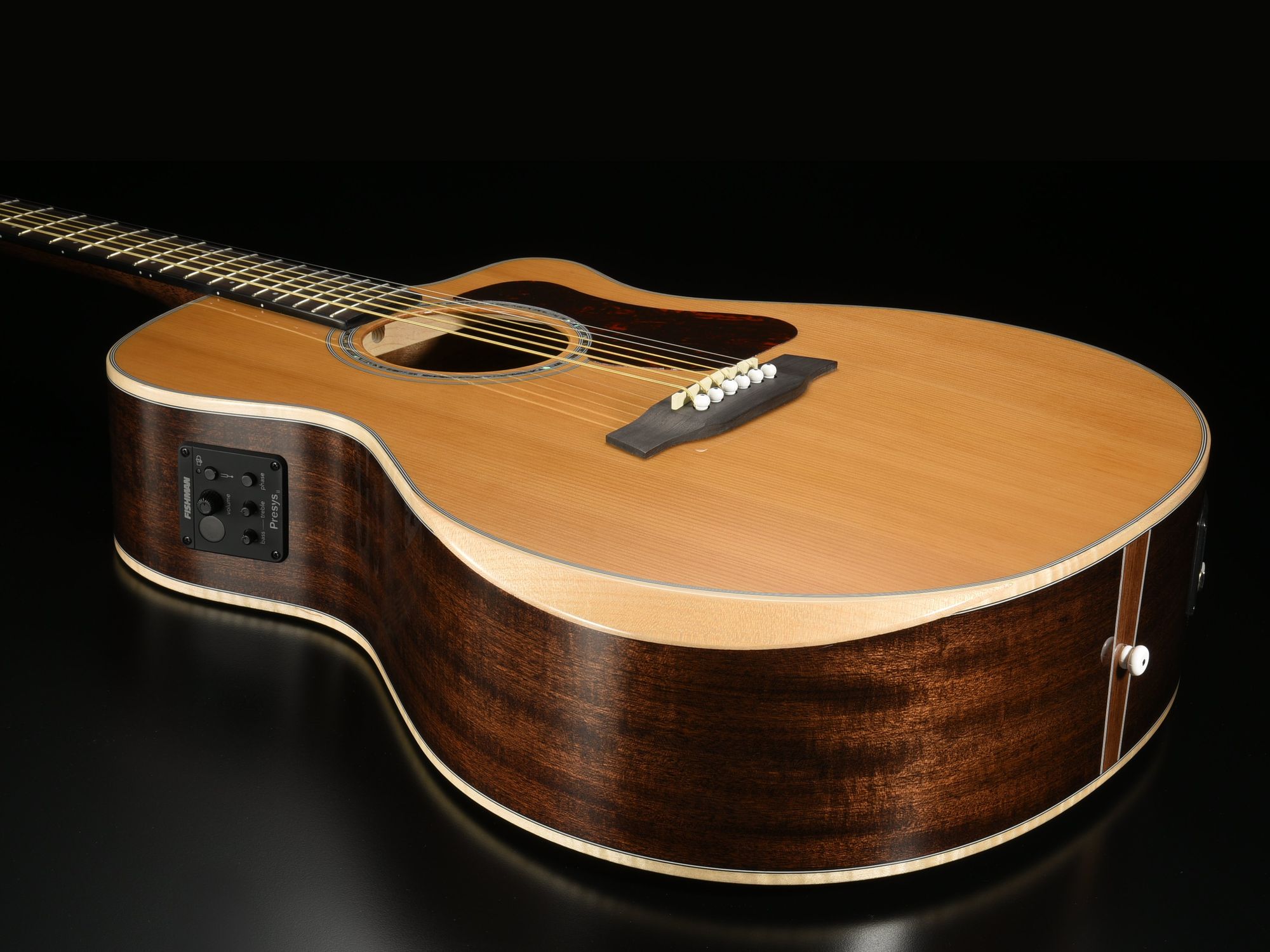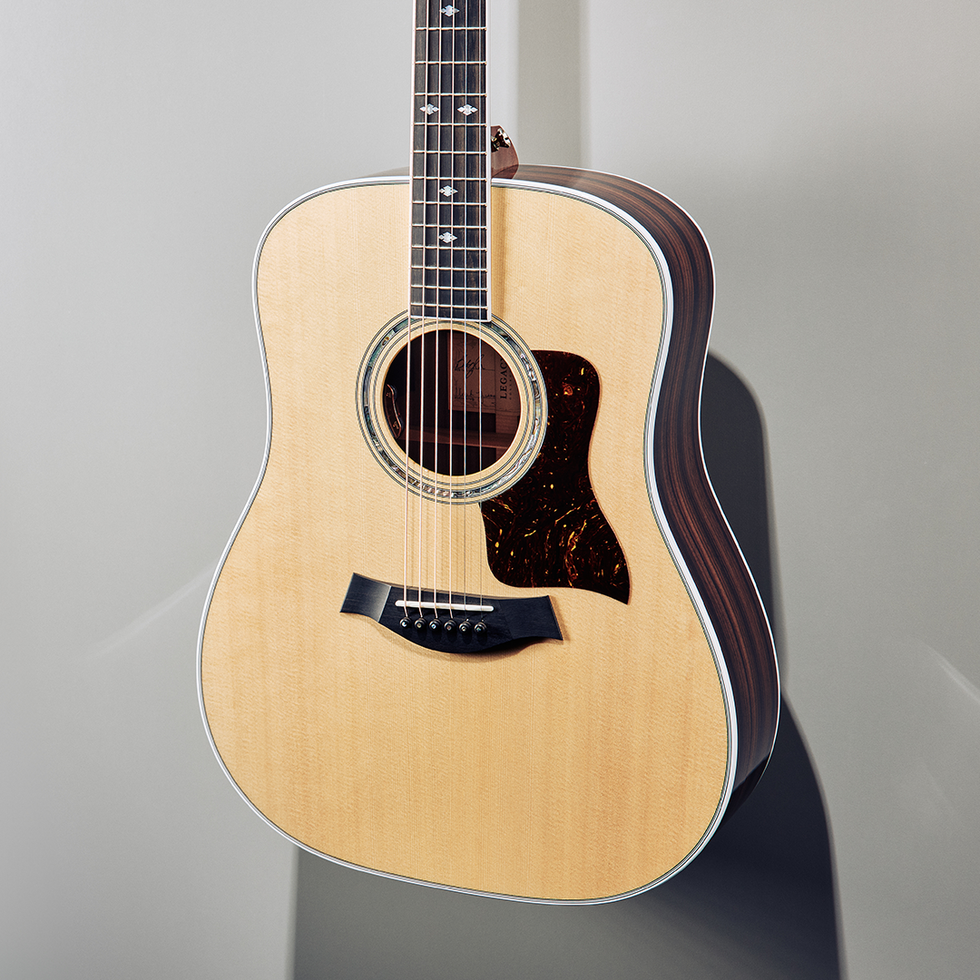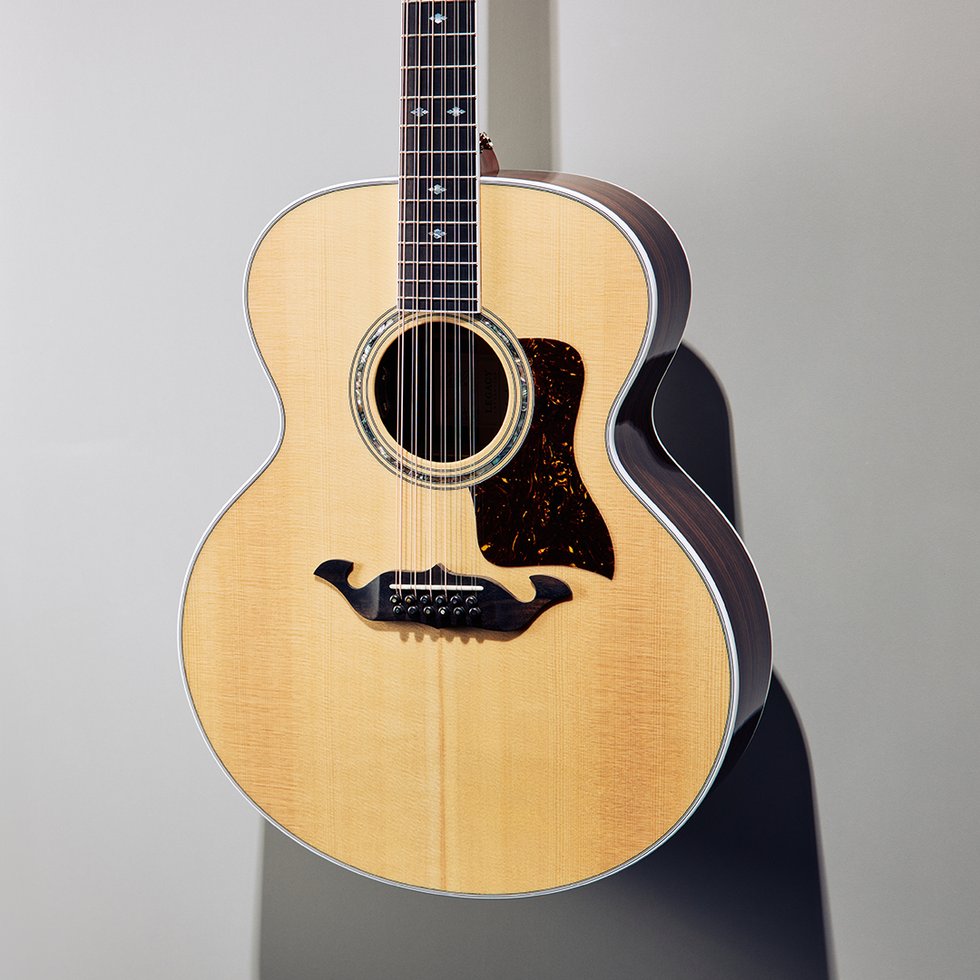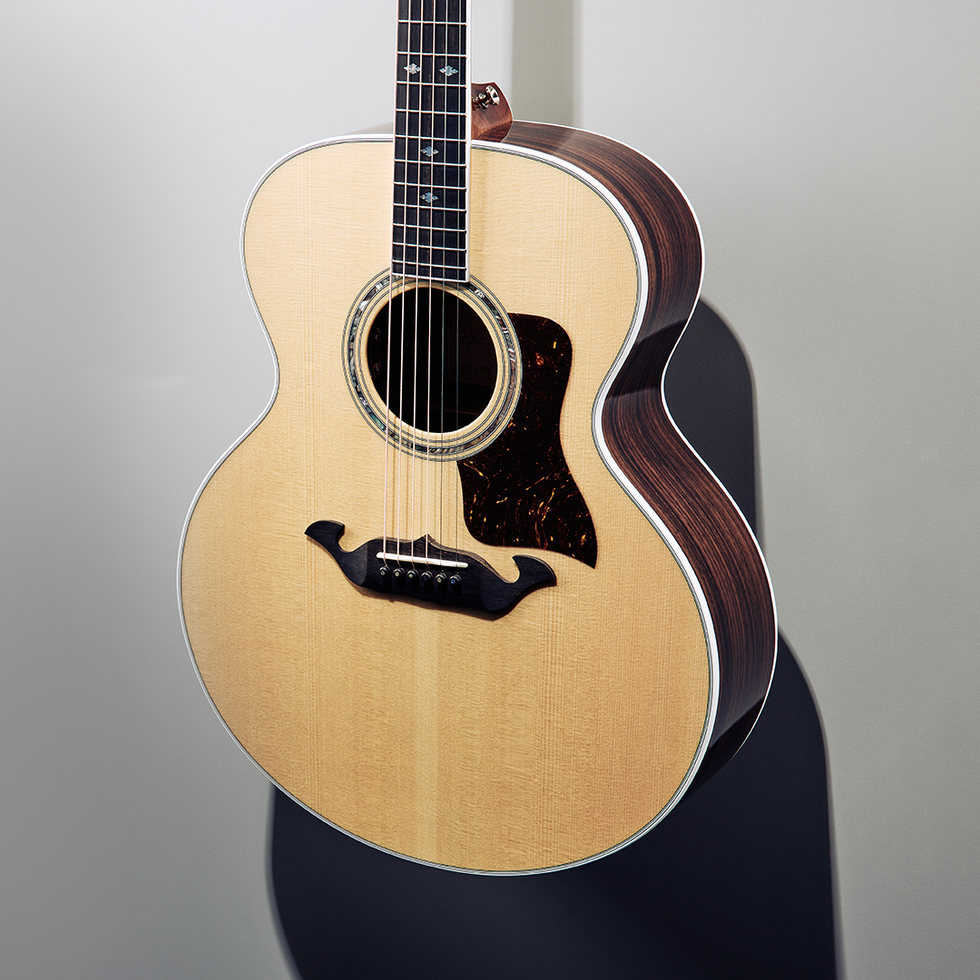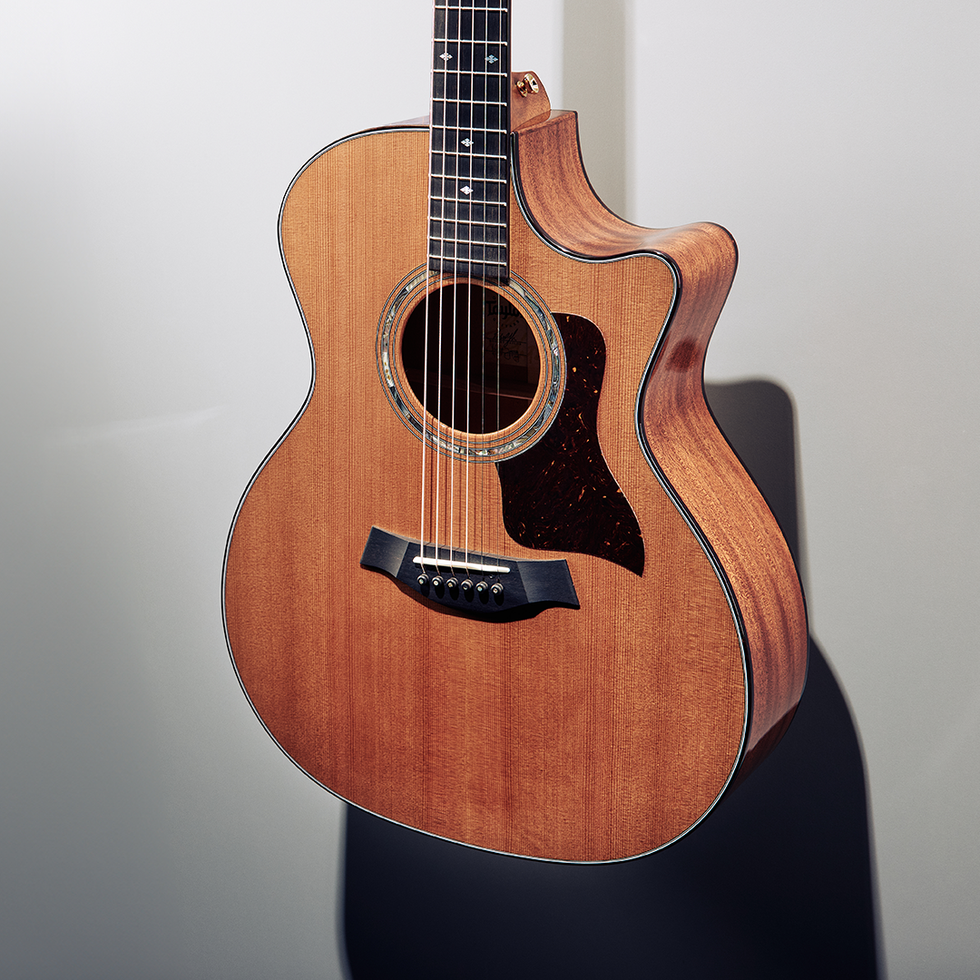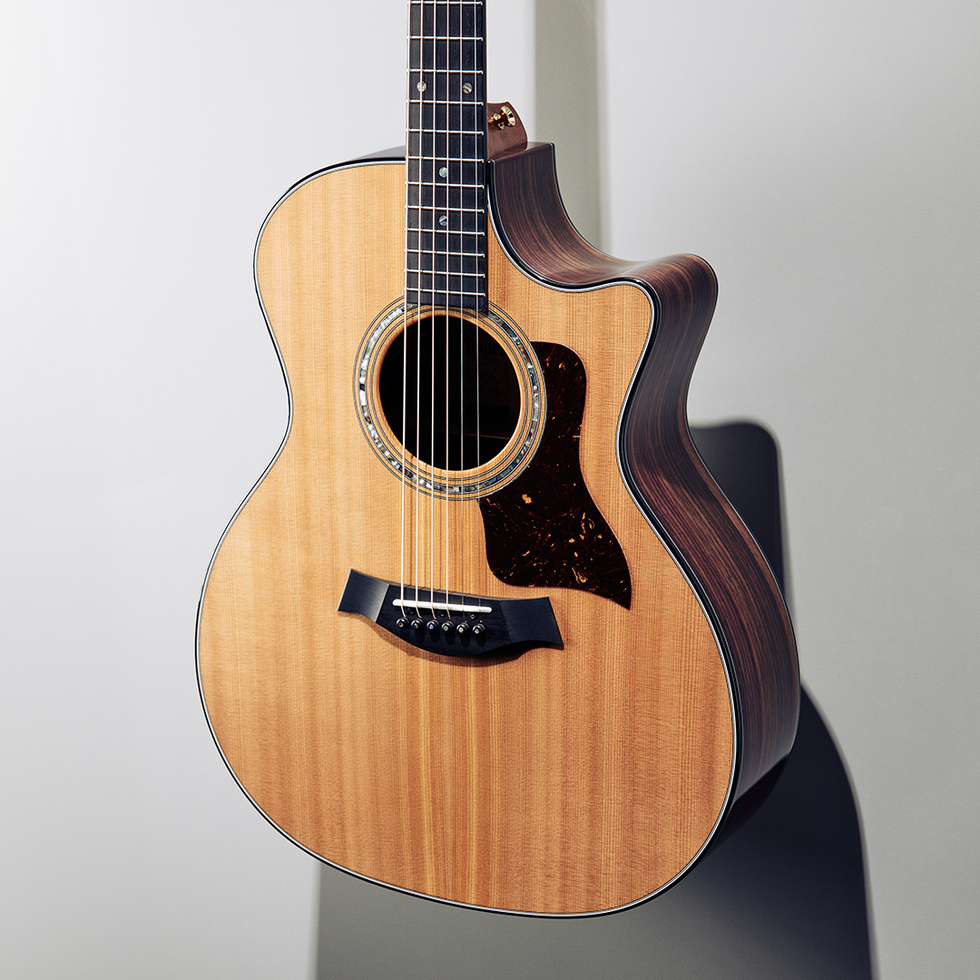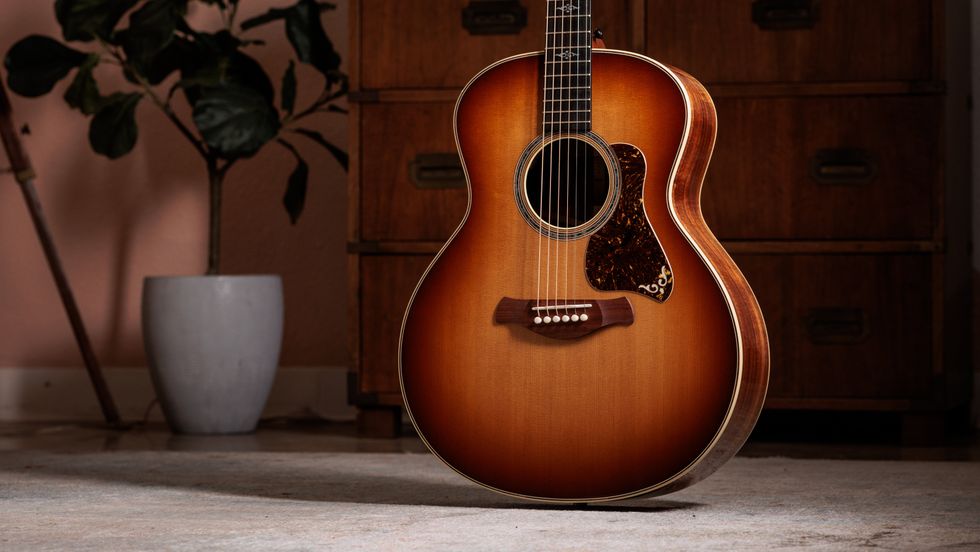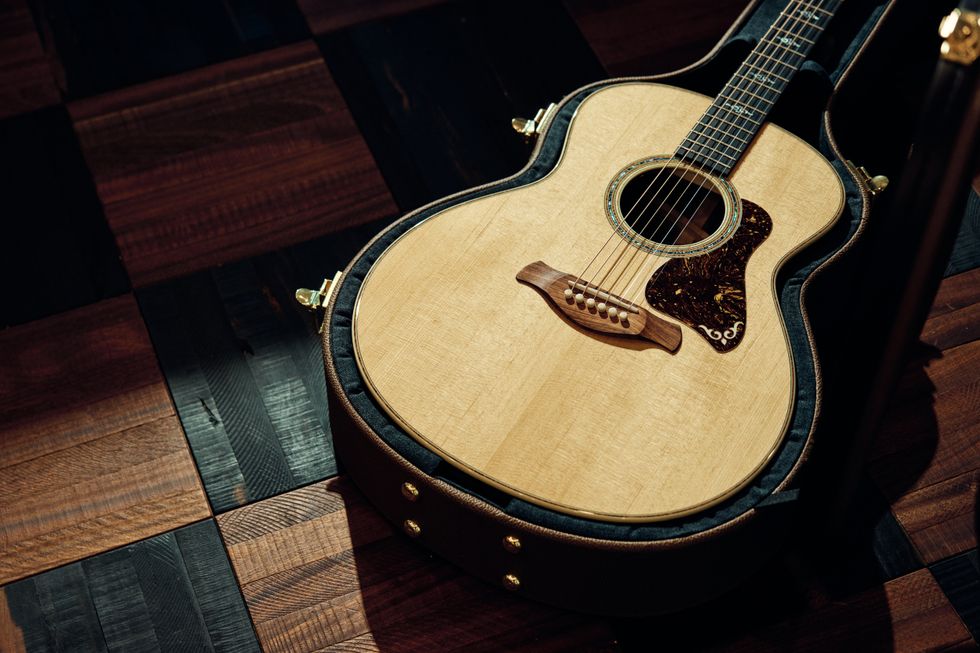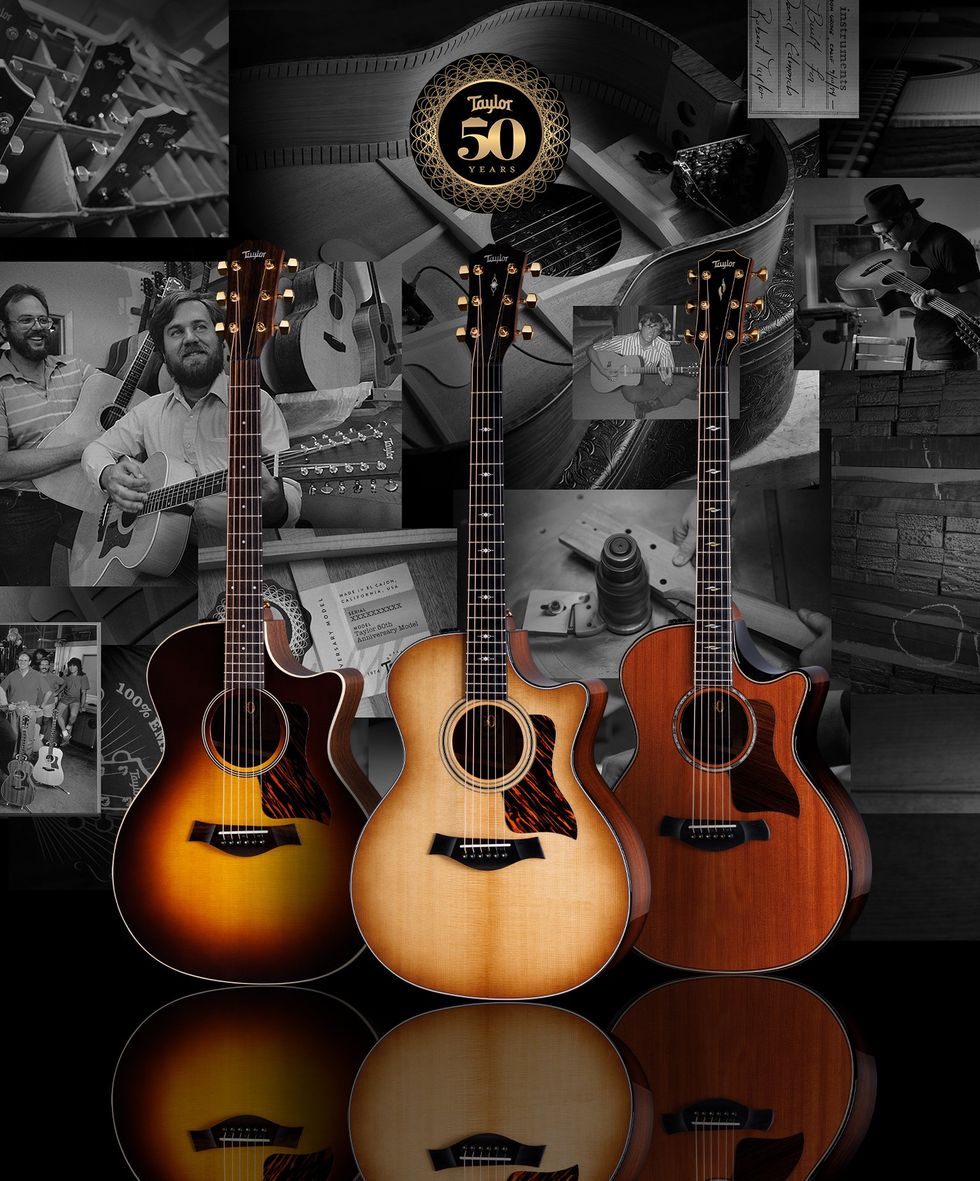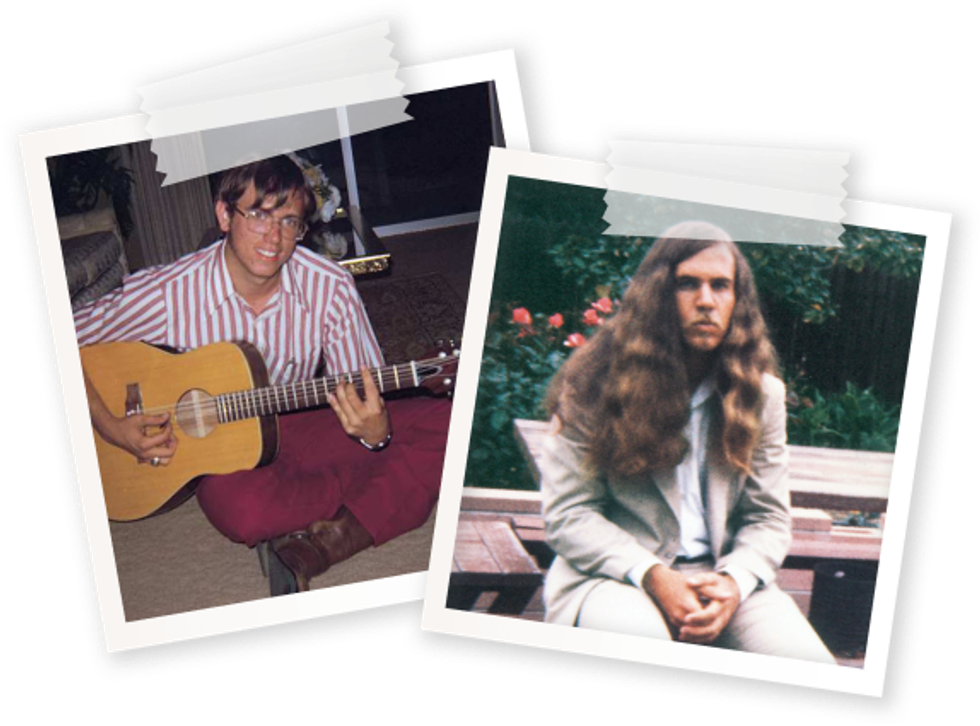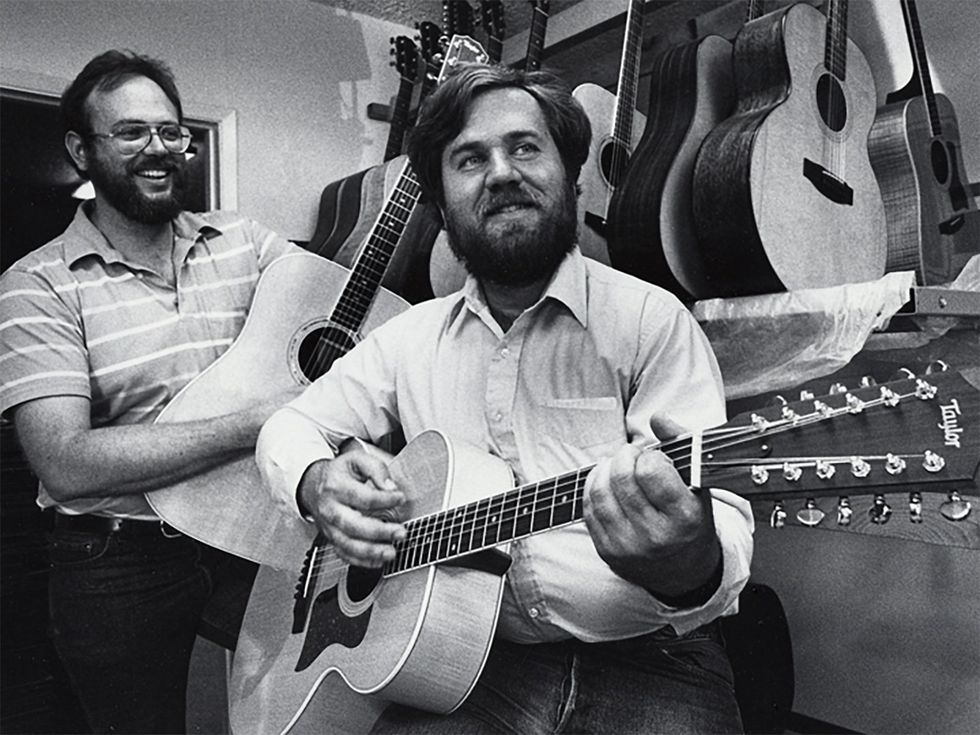My pedal got wet at a gig and it's not working, HELP!
I started out using some info from Bob Schwartz, a retired electrical engineer. I give him credit for his article which I have edited and modified from computer equipment specific to guitar effect specific.
What to do if something wet spills on your pedal or it falls into wet whatever? The following is not guaranteed but represents years of experience.
Quick, unplug it! Unless there is a likely shock hazard.
There are generally two items to have handy. One is distilled water to first wash off and dilute any non-pure water spill, especially any liquid that might be conductive. The second is alcohol, 90+% isopropyl (rubbing) alcohol. You can often find stronger rubbing alcohol in some stores, that's what we use at Analog Man for much pedal cleaning, inside and out. Ethyl alcohol or ethanol – 90% - will work too. Alcohol has an affinity for water, so it soaks it up and dries it out, then evaporates much better than water.
Rinsing the item first with the distilled water (if it was not soaked in pure water, for example to flush out cola) and then with alcohol will dilute, pick up water, carry it away, and evaporate quickly. The higher percent alcohol 90% vs 50% has a greater affinity for water.
Time is important. You do not want water to soak into an otherwise insulating medium, especially water that contains something conductive like salt. It will leave a conductive residue that will short out portions of the device. That is why you want to rinse first with distilled water to carry away any conductive residue and then the alcohol to remove the water film. Most tap water has dissolved minerals that remain after the water evaporates, hence the distilled water to rinse these away. Don't get water in switches if possible, and only rinse areas that may have been wet, or are still wet.
Internal pedal cases and battery compartments can then be cleaned with WD-40. WD-40 is a water displacing chemical. You can spray it anywhere in or on a pedal, but it can be tough to get out so I often use rags or Q-tips wetted with WD-40 to clean the inside (and outsides) of pedals. You just don't want to leave a lot of inside, as it smells and can drip around.
Potentiometers are one of the easiest damaged parts. They should be spray cleaned on the wiper area with some electronic spray cleaner/lubricant. Analog Man uses Deoxit spray cleaner, I like the "Fader" type for pots as it leaves some lubricant. Spray inside, then quickly turn the pot back and forth (slide your finger on the top of the knob) several times, then tilt it to let any excess cleaner run out, you can catch it with a Q-tip.
Jacks should also be cleaned with a Q-tip. The Deoxit is best but WD-40 will work. Also try to clean the tip of the jack, but be careful not to pull off the cotton inside the jack.
Switches are usually pretty well sealed, but water can get inside and it may be very tough to get it out. It's very hard to get a cleaner inside the switch to wash it out. There is a video that shows how you can open a switch to repair it, if your switch has issues you can try that. But it may be best to replace the switch if it does not work well after the pedal had time to dry. Power Jacks should be cleaned by spraying in a bit of the DeOxit or WD-40. Here is a video of how to repair a 3PDT switch.
Stomp box switch cleaning
Components like chips, transistors, capacitors, and resistors are generally not damaged by short periods of wetness. But the leads can corrode, so wipe any corroded or flaky/powdery leads with WD-40 on a Q-tip.
Foam or other soft materials used in pedals for holding in batteries, etc, should be replaced if possible as they will hold moisture.
After, and I repeat after, the above cleaning, you can use very modest heat to help dry out the pedal. You can use a hair dryer at some distance. Make sure you don't heat the item any hotter than is comfortable to hold. Some plastic materials deform at relatively low temperatures. Compressed air will work well too but it should be dry, come compressors spit out water drops which will not help. And the full force of 100PSI can damage your circuit so don't hit it too hard with compressed air.
Remember the Order:
- Rinse with distilled water
- Rinse with alcohol
- Clean and lubricate
- Warm gently with hair dryer or warming oven
For items immersed in flood waters, the above approach can be tried, but the outlook is not promising. Generally the conductive flood waters have had time to soak into the various insulating materials and are almost impossible to remove. Still, it may be worth a try, especially if you have the time, and possible success is worth the effort. Distilled water and alcohol are not very expensive. Most circuit boards are coated with varnish to resist moisture. In this case, wash repeatedly with distilled water. Use a soft brush to remove any remaining film such as mud. Then, the alcohol followed by the dryer. Using the dryer prematurely can "set" the offending material to the point that it may be almost unremovable. So save it for the very last step after you are sure things are clean. Your efforts may save part if not all of the equipment.
For more information:
Analog Man
[Updated 10/15/21]


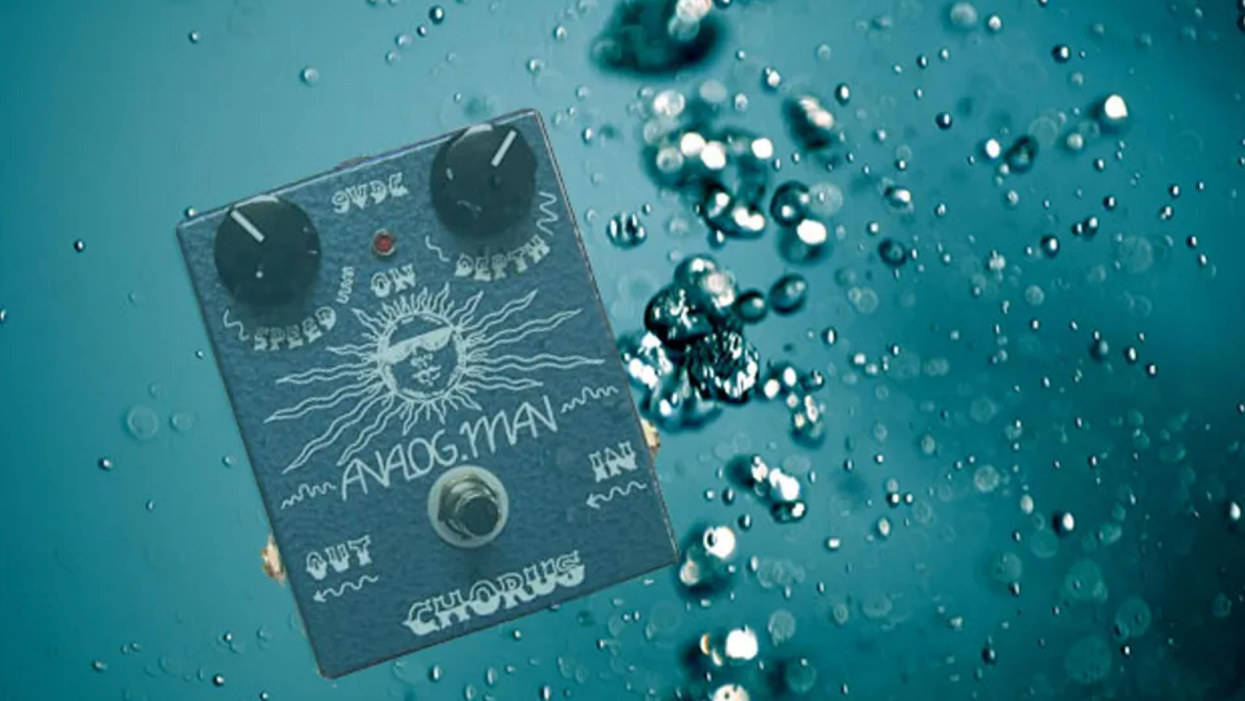
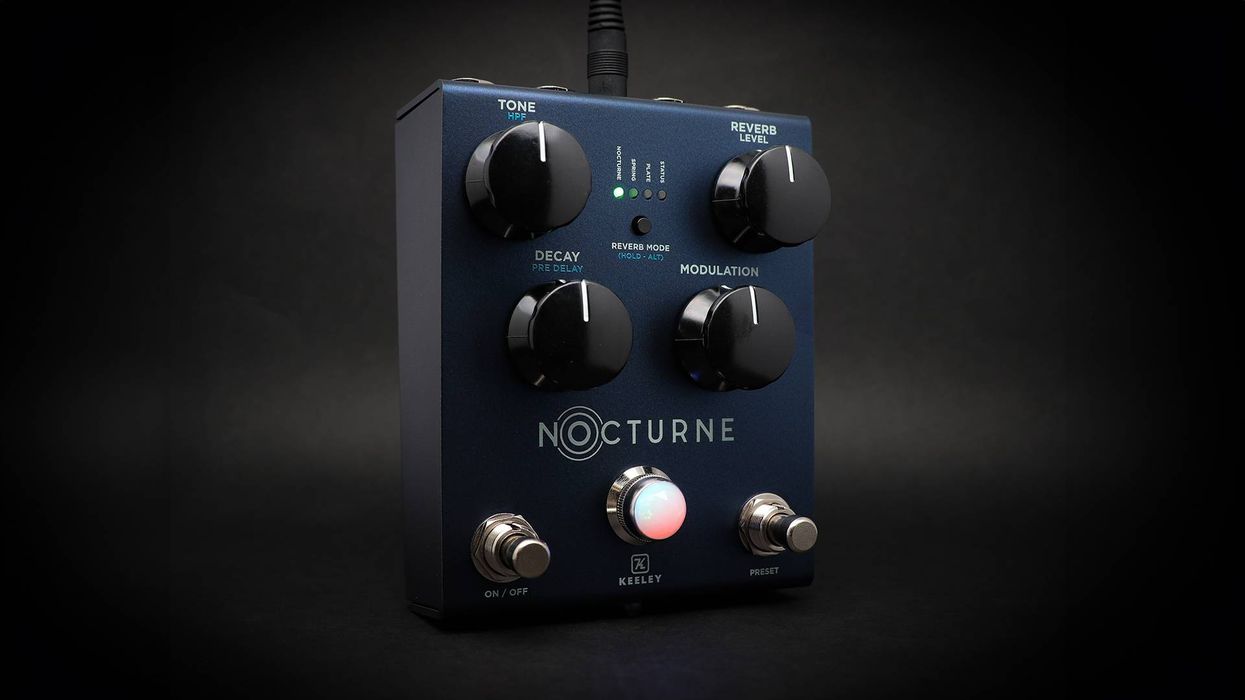

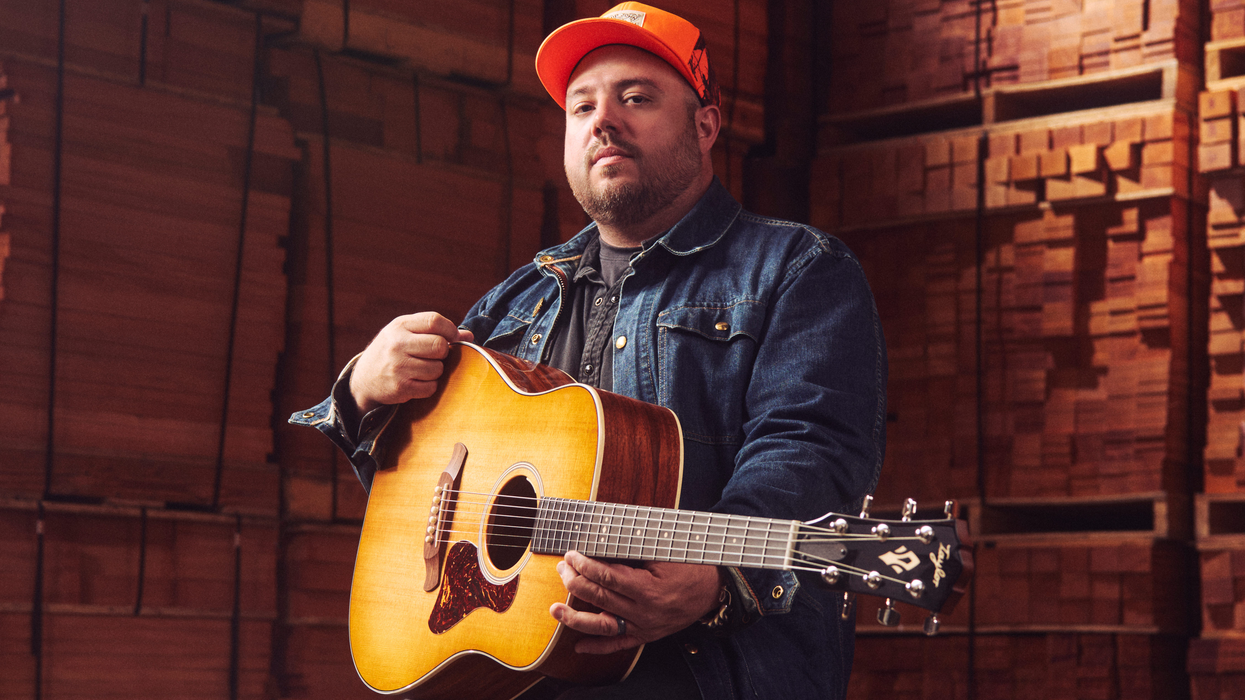
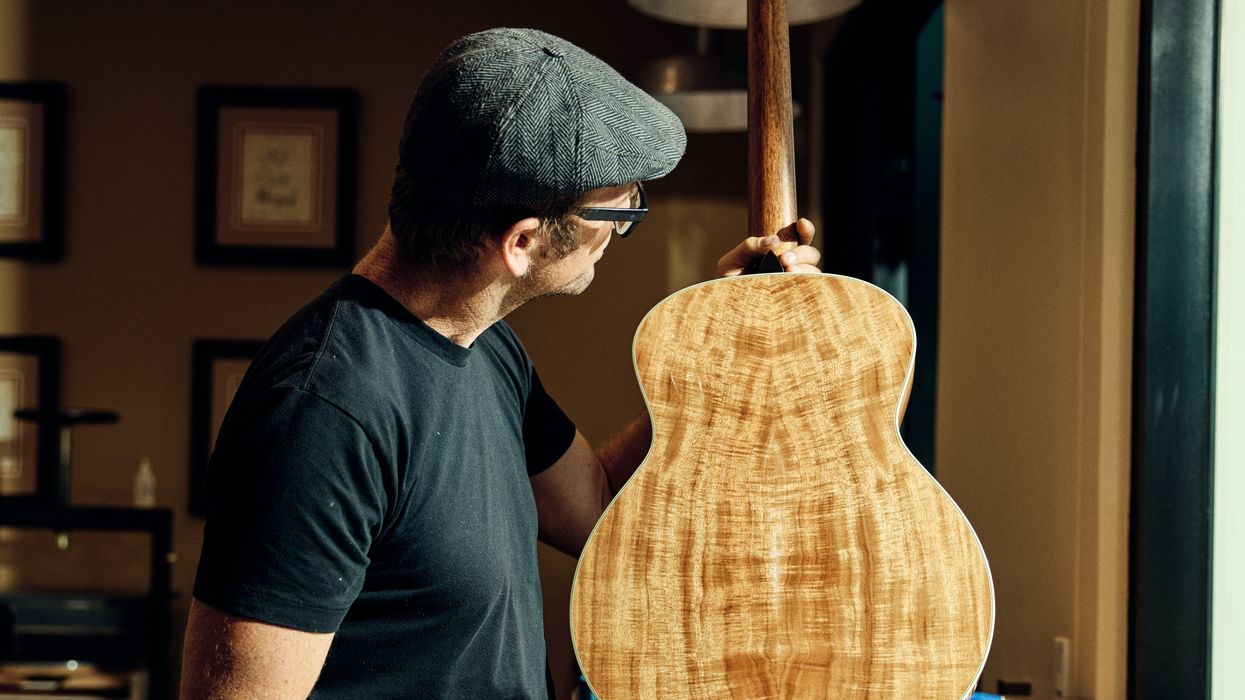
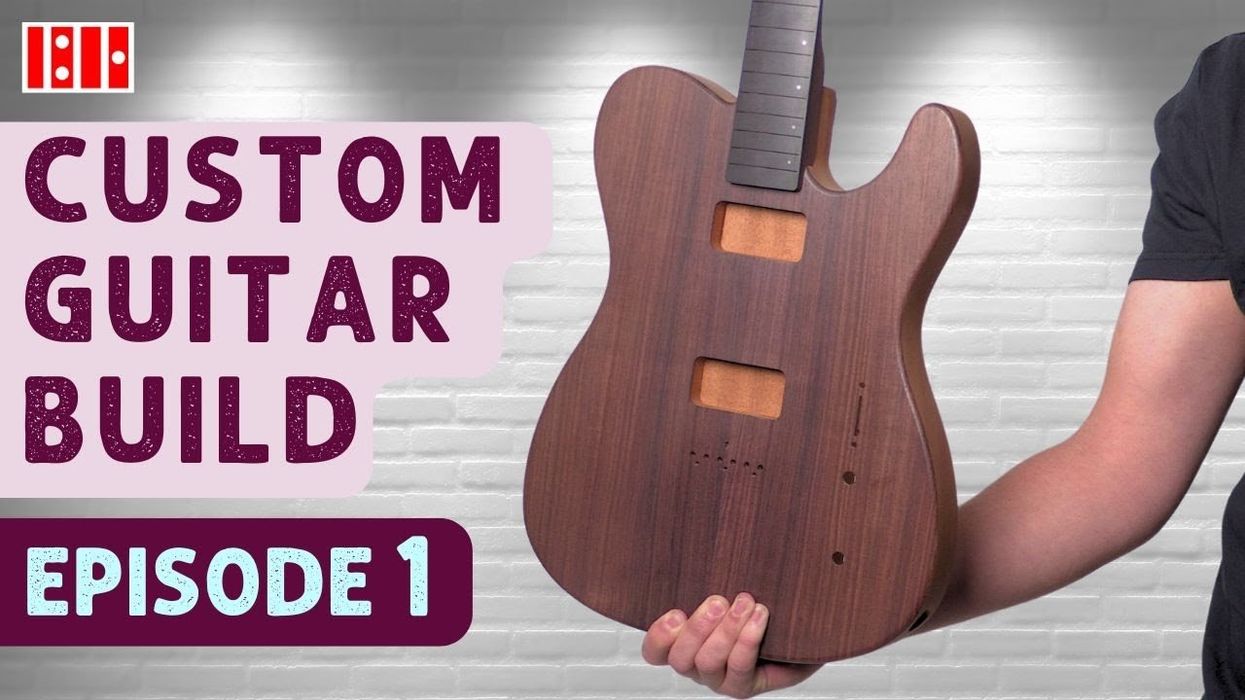




![Rig Rundown: Russian Circles’ Mike Sullivan [2025]](https://www.premierguitar.com/media-library/youtube.jpg?id=62303631&width=1245&height=700&quality=70&coordinates=0%2C0%2C0%2C0)

